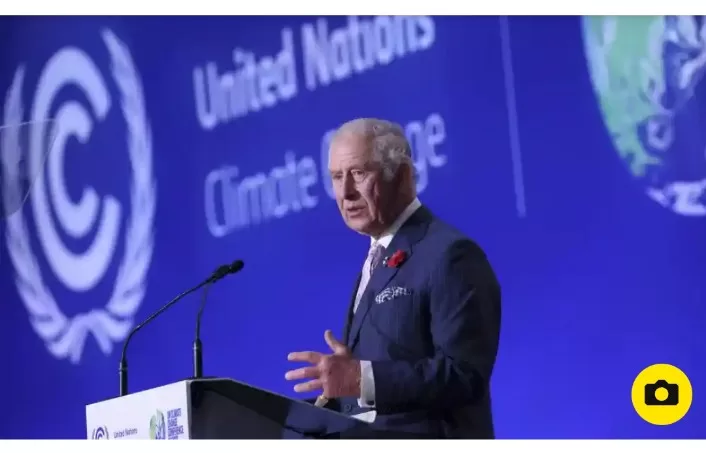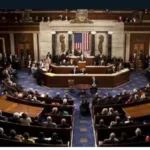King Charles III’s expression of “greatest sorrow and deepest regret” concerning the colonial atrocities perpetrated by British forces in Kenya has been met with criticism in the East African nation. The king’s statement drew a mixed response, with President William Ruto diplomatically acknowledging Charles’s “courage and readiness to shed light on uncomfortable truths deeply embedded in our shared history.” However, Ruto characterized Britain’s colonial suppression of Kenya’s struggle for freedom as “monstrous in its cruelty,” underscoring the need for “full reparations” to rectify historical injustices.
This marks King Charles’s inaugural visit to a Commonwealth country since his accession, an occasion marked by unprecedented calls for the UK to offer an unequivocal apology and reparations for colonial wrongs. Human rights organizations and historians expressed dissatisfaction with the king’s “careful choice of words,” urging both nations to transcend mere rhetoric and take concrete actions.
Ernest Cornel, from the Kenya Human Rights Commission (KHRC), described the king’s statement as a “miss,” emphasizing the urgency of addressing colonial legacies, particularly land dispossession. Approximately 500,000 Kenyans from the Kipsigis and Talai communities suffered violent eviction from their ancestral lands during colonial rule, which was followed by the allocation of vast tracts of land to British settlers, ultimately leading to the creation of extensive British-owned tea plantations. Today, descendants of these dispossessed communities continue to grapple with poverty.
Online discussions have reignited conversations about colonial atrocities, with activists recalling painful episodes from Kenya’s struggle for independence between 1952 and 1960. Such recollections include Mau Mau suspects being subjected to degrading treatment and Kenyan women enduring sexual violence and humiliation. The sentiment among many Kenyans is that King Charles’s failure to issue a direct apology is deeply disheartening.
Elderly Kenyan citizens and rights groups have also called for transparency regarding the burial sites of freedom fighters, including Dedan Kimathi, and the return of the severed head of Koitalel Arap Samoei, an anti-colonial Nandi leader, which was taken to the UK as a war souvenir.
Scholars argue that the king’s expression of “regret” and “sorrow” appears hollow as past and present human rights violations remain unaddressed. According to Suhayl Omar, a historian of the colonial era, the statement offers no substantive redress for the enduring legacies of colonialism.
The public in Kenya has exhibited mixed reactions to King Charles’s visit. While some demand that the UK address historical injustices, others appear indifferent or intrigued by lighter moments during the visit, such as the king’s use of Swahili and Sheng greetings at a state banquet.
Younger generations have differing views on the bilateral relationship, with some advocating for reconciling with the past while others cite contemporary rights violations by British military units in Kenya, including allegations of murder, sexual abuse, and environmental damage. Planned protests regarding these issues were reportedly blocked by the KHRC.
As Wanjira Wanjiru of the Kenya Social Justice Centres emphasized, an unequal partnership still exists between the UK and Kenya, and young people aspire to see these issues addressed. The KHRC has called for investigations into human rights violations by British military and multinational corporations operating in Kenya, along with calls for reparations for colonial injustices.







